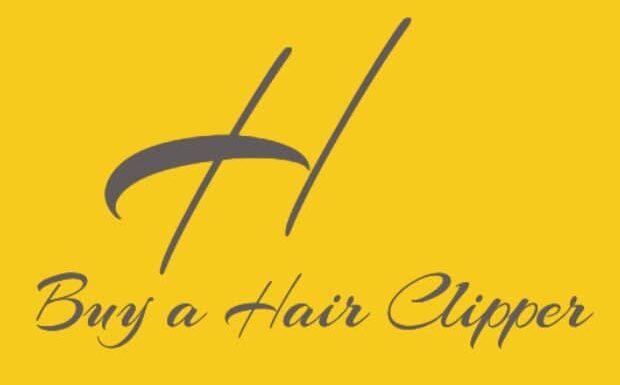
Look to grow your facial hair thicker? Well, there are a couple of ways to do so. Keep in mind that everyone one’s facial hair grows differently, and your facial pattern will be different from others.
However, with these tips, you should make your facial hair thicker and fuller.
Complete Guide To Making Your Facial Hair Thicker
1. Don’t Shave
Some people believe shaving makes beard hair thicker and improves hair density. It could not be farther from the truth.
In reality, hair follicle density is determined by age, genes, and hormone levels. When you shave, you just cut off the hair strands, which don’t affect the hair follicle.
Avoid shaving your beard to allow it to grow out. Trimming will also reduce the beard thickness, so you might want to skip that for a while.
2. Use a Derma Roller
If you’ve been in the world of hair growth for a while, then you must have heard of derma rollers. This effective tool uses a micro-needling method to promote hair growth, which could help grow a thicker beard.
A derma roller features hundreds of tiny needles that puncture the upper layer of the skin to accelerate collagen production and improve blood flow.
It promotes the health and elasticity of the skin and reactivates hair follicles, thereby increasing blood flow which helps to bring nutrients to the patchy area of the beard.
Using a derma is one of the best ways to cover up those areas with more hairs to make your beard look fuller.
3. Reduce stress
Stress can have many harmful effects, and one of them is reducing beard growth. Constant stress leads to the release of harmful hormones such as cortisol which affects testosterone levels.
Stress hormones can reduce the amount of nutrient-rich blood reaching the hair follicles, reducing beard growth.
Reducing stress offers more benefits than allowing you to grow a fuller beard. It will help you keep your body and mind healthy.
4. Improve Your Diet
Hair is composed of a protein called keratin, making eating a balanced diet very important.
A high-protein meal would promote hair growth by providing your body with the necessary nutrients needed to make hair grow thicker and stronger. Remember to include biotin, vitamin C, and Vitamin E.
5. Drink Plenty of Water
Drinking enough water is necessary to maintain proper kidney function and get rid of harmful compounds. It also keeps your skin hydrated and healthy.
Having healthy skin is great for your hair follicles. The recommended daily water intake is 8 – 10 glasses, so you might want to keep count.
6. Take Supplements
It might sound extreme. However, supplements are nothing more than nutritional aids that helps to boost your diet.
Supplements could come in the form of vitamins and minerals, and while they can be helpful, you might want to contact your doctor before taking any supplements.
To grow and maintain a fuller beard, you will need key vitamins and minerals like biotin, vitamin E, vitamin D, Vitamin C, copper, zinc, and magnesium.
7. Shampoo and Condition Your Beard
To aid in beard growth, you need to maintain the hair you already have. A plus is that healthy-looking beard hairs can make your beard look thick.
To get started, you will need to get a beard shampoo. Shampooing your beard will also prevent itchiness and get rid of dust and microbes.
A beard conditioner is needed to add moisture to the hair and prevent your beard from curling. It also promotes the wellness of the skin.
8. Use Minoxidil
If you’re not getting the results you seek, you might want to try other solutions like Minoxidil.
This treatment was first introduced in the 1970s to treat hypertension but led to increased hair growth. While the product is used on the scalp, it has positive results on facial hair growth.
Remember that the treatment must be used continuously for the rest of your life if you wish to keep the beard density and thickness. Stopping treatment will see your hair fall off.
It would be best to watch out for the side effects of using the product. Minoxidil side effects include headaches, dryness, itchiness, and irritation.
